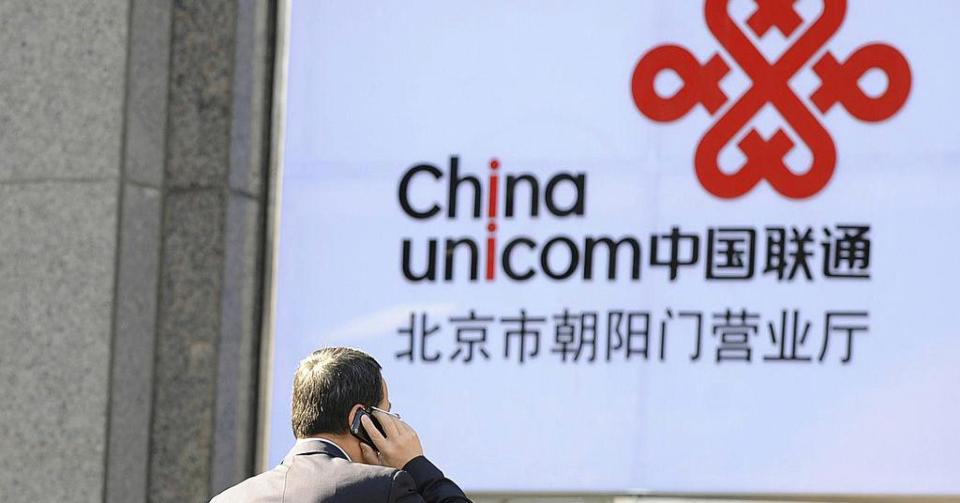A giant state-owned Chinese firm is attracting the attention of big investors

Giant state-owned telecom China Unicom (Hong Kong Stock Exchange: 762-HK) said Sunday that talks with potential strategic investors are ongoing and that no binding agreements have yet been reached.
That follows reports last week that a number of private tech giants, including Baidu and Tencent, would jointly invest $12 billion into the company. That would represent much more than just a simple round of investment into a telecom: Domestic and international investors are watching the company closely for what it says about the future of the Chinese economy.
China Unicom is on a list with a handful of other state-owned firms that Beijing is trying to reform by attracting private capital, employing a mixed ownership structure. What Unicom eventually does could serve as a model for reforming China's 150,000 state-owned enterprises, which hold more than 100 trillion yuan in assets, according to the State Council.
Cleaning up China's inefficient, wasteful state-owned enterprises (SOEs) "is the most important reform for the long-run health of China's economy," said Julian Evans-Pritchard, China economist at Capital Economics. "It's the state sector that is holding back the economy, and [adding] to the crazy build-up of debt."
Although debt has plenty of economists worried, institutions have continued to lend to state-owned firms. Because they're government-backed, "'we don't have to worry they're safe,'" Evans-Pritchard said. "That's the key assumption ... China is in an unusual situation — in most countries, you would have had a crisis by now."
Speculation over policy to revitalize and bail SOEs out has affected investor sentiment much more than traditional fundamentals like company earnings performance, he said. In fact, at those firms the "profit margin has declined further while global peers have improved," wrote Denis Prouteau and Alicia Garcia Herrero of Natixis in a recent note.
The SSE 50 (Shanghai Stock Exchange: .SSE50) index, which tracks the 50 largest state firms traded in Shanghai, is up about 13 percent so far this year, according to Reuters data. That easily tops the performance of non-governmental tech firms — the ChiNext price index, a tech-heavy board filled with start-ups in Shenzhen, has tumbled nearly 14 percent this year.
The idea of mixed ownership reform is that private money and expertise can help a company turn things around. But private firms getting into mixed ownership schemes also need to make sure SOE debt doesn't taint their own balance sheets. They're going be looking at how to justify the investment with projected returns and setting an exit strategy to deploy at some point, said Alex Ng, vice president at China Merchants Securities.
Beijing has also been engineering giant mergers to allow only the strongest firms to remain. It has even considered putting SOEs under government financial holding companies and aiming to maximize returns — much like what Singapore currently does
Still, experts remain skeptical and say the government is avoiding the necessary, but painful step: letting underperforming state firms default in order to allow resources to move to more productive functions.
That's because the government likely doesn't want to lose its grip over certain industries. China "probably wouldn't have been able to achieve the growth they had in the first half of this year, for example, without the degree of control they have over the state sector," said Evans-Pritchard, noting that it's getting harder to push for economic growth that way.
Also, with more than 30 million people employed by China's SOEs, there are concerns about retraining them and finding new jobs to prevent social unrest.
Japan was in a similar situation, but the main difference is that it "was much richer when it reached this point," Evans-Pritchard said.
"That's the scary thing about China — it's heading in a similar trajectory, but at a much earlier stage in terms of its economic development, in terms of income levels," he said. "If they don't deal with this problem, they [risk] falling into the so-called middle-income trap, where growth becomes very sluggish before they reach high income levels."
China Unicom stock was up about 0.5 percent in Hong Kong morning trading on Monday.
More From CNBC

 Yahoo Finance
Yahoo Finance 
